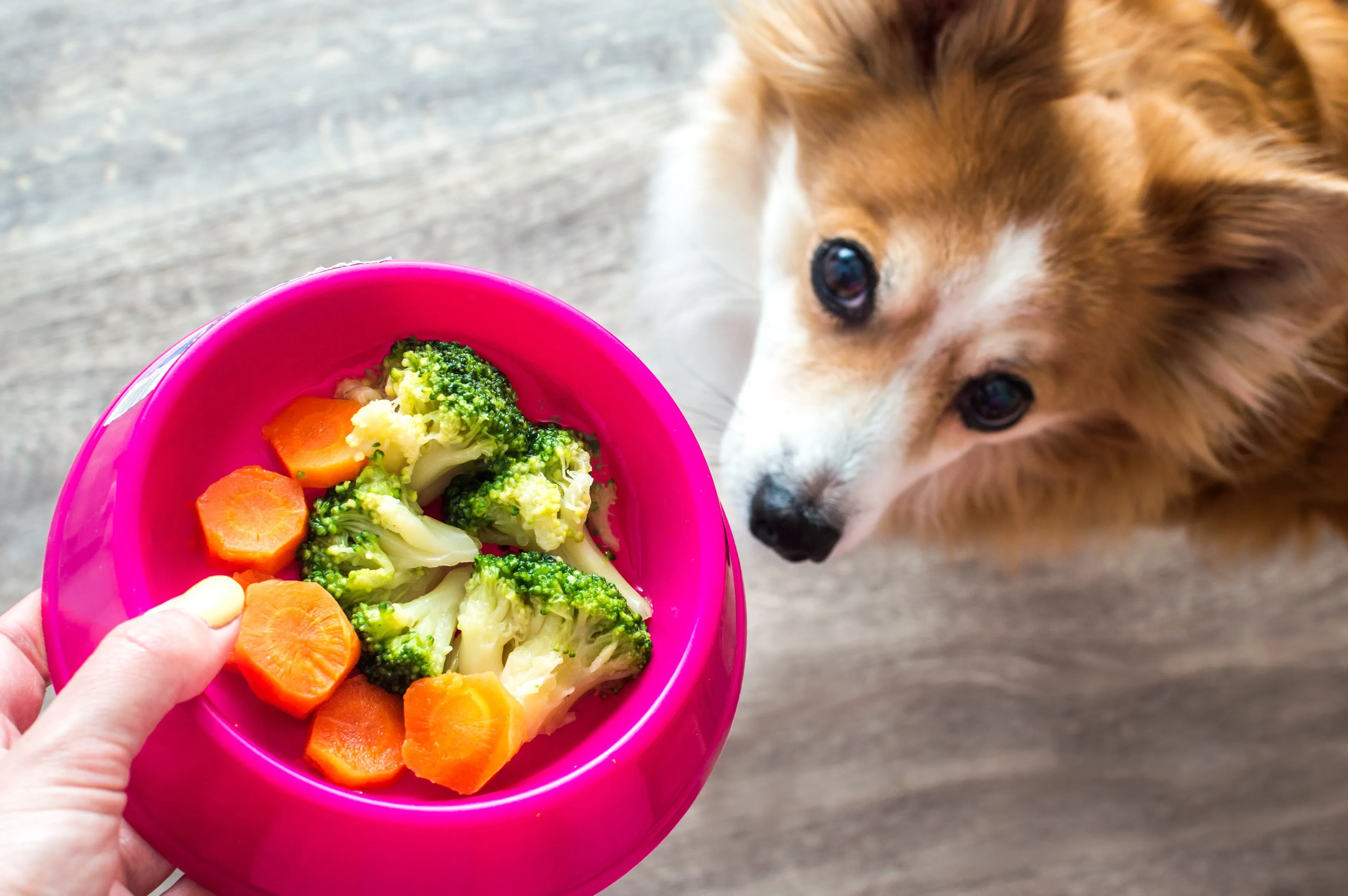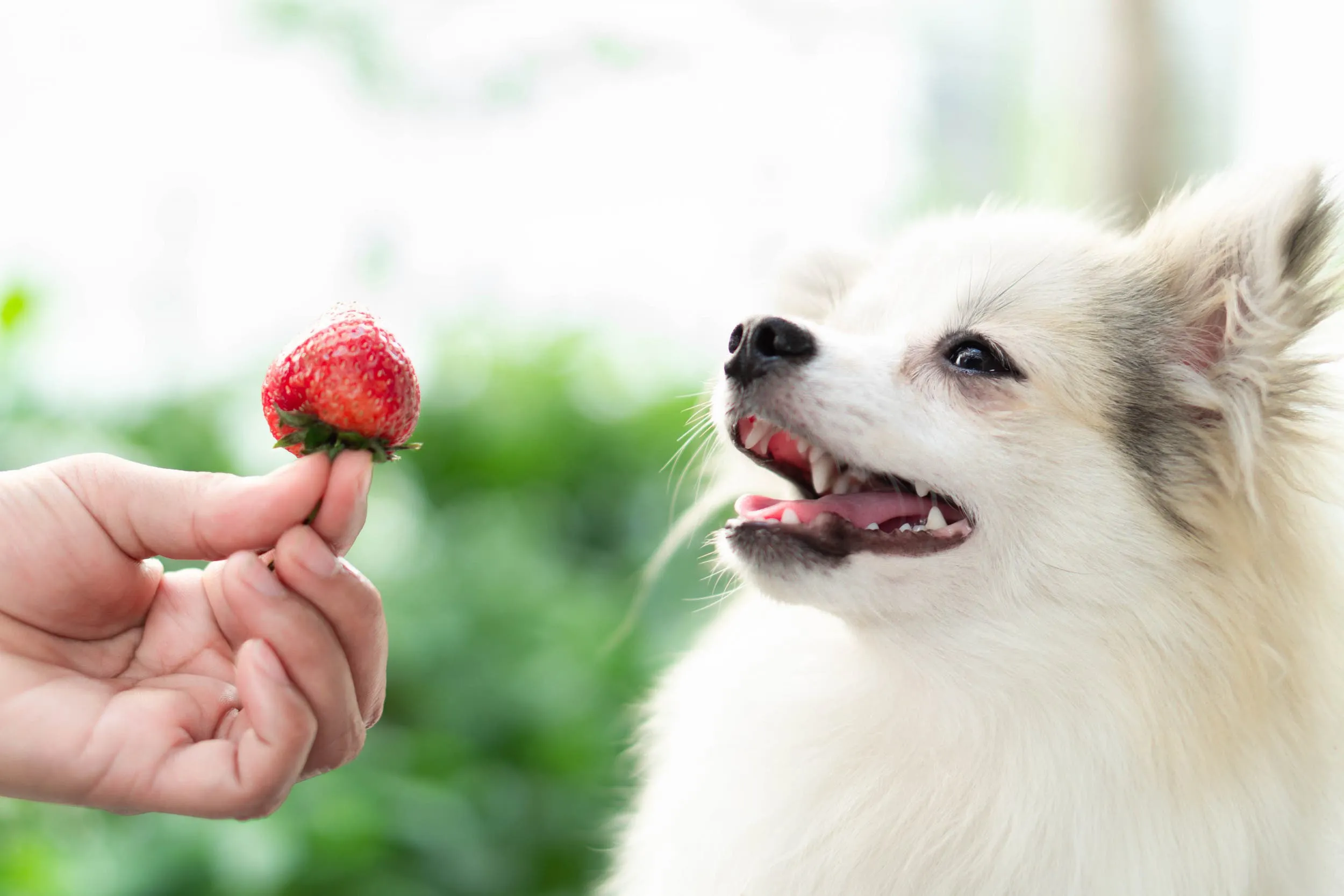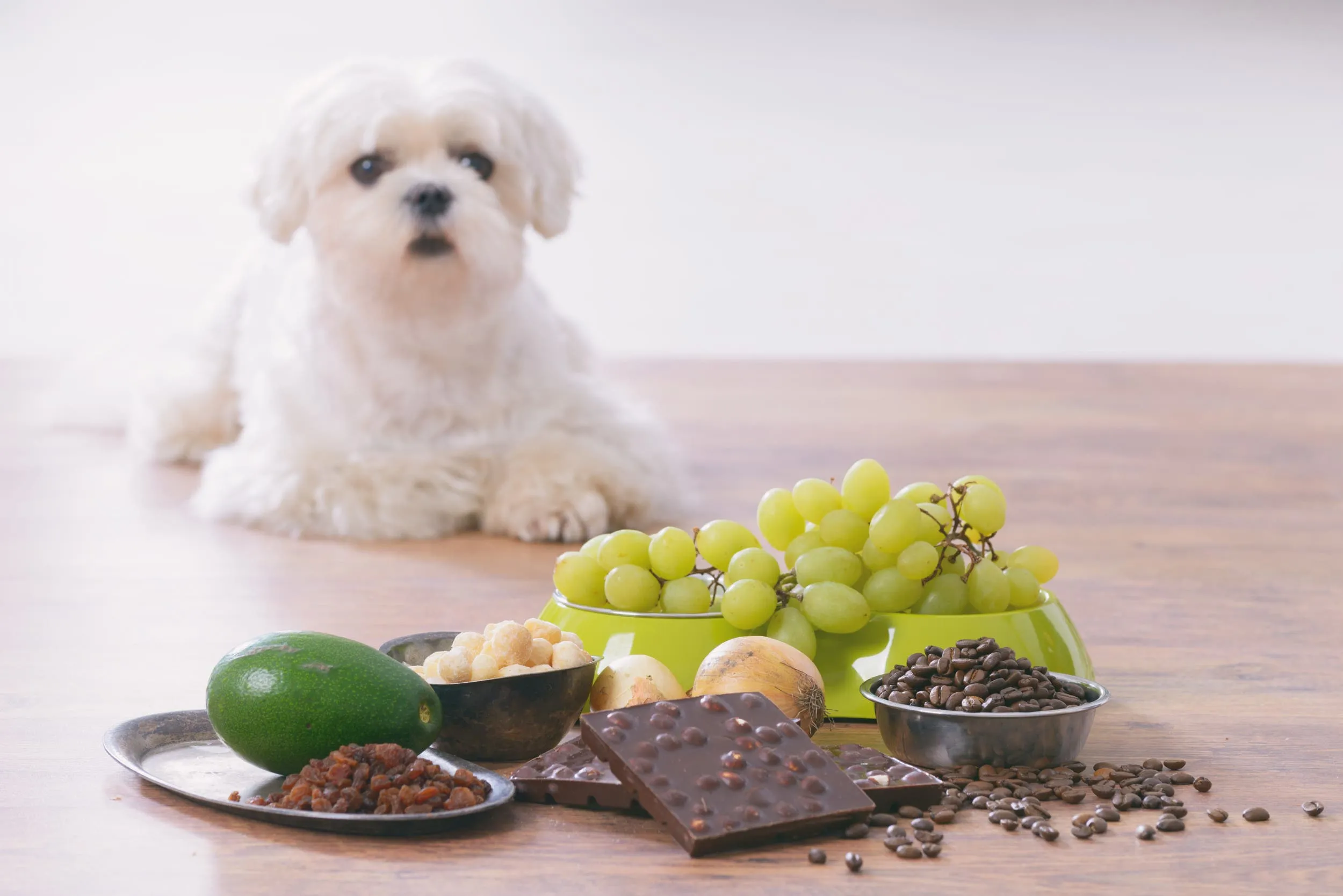Welcoming a new 6-week-old puppy into your home is an exciting time, but it also comes with significant responsibilities, especially regarding their diet. Young puppies, still developing, have delicate digestive systems, making careful food choices paramount. As a proud new pet parent, you’re likely wondering: what human food can a 6-week-old puppy eat safely? While commercial puppy food should form the cornerstone of their diet, understanding which human foods are safe as occasional treats or supplements can provide both nutritional benefits and enrich their experience. what should we give to puppy to eat It’s crucial to distinguish between safe options and those that could pose serious health risks to your tiny companion.
This guide, drawing on insights from canine experts, will help you navigate the world of human foods for your 6-week-old puppy, ensuring their health and happiness from the start.
Important Considerations Before Feeding Human Food to Your 6-Week-Old Puppy
Before introducing any human food to your 6-week-old puppy, it’s vital to consider a few key factors that will influence their health and behavior throughout their lives. According to Dr. Jerry Klein, Chief Veterinary Officer at the American Kennel Club, introducing human foods early can set a precedent. “If you start giving your puppy human food as treats, they will always expect to have human food as part of their day,” he told Newsweek. This doesn’t mean it’s inherently bad, but rather, a habit you should be mindful of.
The general guidelines for feeding human foods to puppies are similar to those for adult dogs, with an increased emphasis on caution due to their undeveloped systems. Always:
- Educate Yourself: Learn thoroughly which foods are safe and which are toxic for dogs.
- Practice Moderation: Refrain from giving excessive amounts of any human food. Overfeeding can prevent them from consuming their regular, balanced diet, which is critical for their growth.
- Monitor for Issues: Be vigilant for signs of excessive weight gain, gastrointestinal upset (like vomiting or diarrhea), or potential obstructions in their trachea, esophagus, stomach, or intestines.
- Consult Your Vet: When in doubt, always consult with your veterinarian before introducing new foods. Their professional advice is invaluable, especially for a young puppy.
Alyssa Ralph, a Dog Behaviorist and Nutritionist at Your Dog’s Club, emphasizes that a puppy’s nutritional requirements vary greatly. Factors such as age, activity level, and even breed size play a significant role. As a rule of thumb, any extra treats, including human foods, should constitute no more than 10% of your puppy’s daily calorie intake. what type of food can puppies eat Dr. Klein also highlights that all dogs, regardless of age, require a balanced diet of protein, healthy fats, carbohydrates, and essential vitamins and minerals. Ensuring that any store-bought dog food carries the AAFCO (Association of of American Feed Control Officials) seal of approval ensures it is “complete and balanced” for your puppy’s specific life stage.
 An owner carefully feeds a small piece of vegetable to a happy dog, demonstrating safe feeding practices.
An owner carefully feeds a small piece of vegetable to a happy dog, demonstrating safe feeding practices.
It’s also important to be aware of the risks of obesity. Dr. Klein notes that obesity is a leading preventable health issue in American dogs, often linked to excessive treats and insufficient exercise. “Chubby puppies, especially in larger breeds, may be more prone to develop certain medical conditions such as hip dysplasia,” he warns. While some countries, like the UK, require dog food to be made from human-grade ingredients, this isn’t universal. Therefore, all treats should complement a complete, balanced diet to ensure your 6-week-old pup receives all necessary nutrients for healthy development.
Safe Human Foods for 6-Week-Old Puppies (In Moderation)
When considering what human food a 6-week-old puppy can eat, focus on options that are low in fat and sugar, and always offer them in very small, manageable portions. Dr. Jerry Klein provides a list of human foods that are generally safe as occasional treats:
- Blueberries: Rich in antioxidants, these small fruits are a great, low-calorie treat.
- Carrots: Excellent for dental health and packed with vitamins. They can be given raw (chopped into small, chewable pieces) or cooked.
- Cheese (including cottage cheese): Many puppies enjoy cheese. Offer small amounts of plain, low-fat cheese. Cottage cheese can be a good source of protein. what yogurt is safe for dogs
- Green Beans: A healthy, low-calorie snack, either raw or steamed.
- Cooked Eggs: A fantastic source of protein. Ensure they are thoroughly cooked (scrambled or hard-boiled) and served plain, without butter or seasonings.
- Cooked Chicken/Turkey: Lean protein sources. Always remove skin, bones, and any spices before feeding.
- Cooked Fish (e.g., salmon, sardines, mackerel): These offer beneficial omega-3 fatty acids. Ensure they are boneless, thoroughly cooked, and free from spices or garlic.
When introducing any new food, Dr. Klein advises starting with tiny amounts over several days and carefully monitoring your puppy for 24 hours for any adverse reactions. Remember, every puppy is an individual, and what suits one may not suit another. The paramount rule is to ensure that no food given is toxic or could lead to health problems. While a dog’s sense of smell heavily influences what they eat, their taste buds aren’t as developed as ours. Many dogs, however, do show a preference for stronger-smelling foods like cheese or warm, moist meals.
 A person offers a fresh strawberry to a curious puppy, highlighting safe fruit options for canine treats.
A person offers a fresh strawberry to a curious puppy, highlighting safe fruit options for canine treats.
Human Foods to Strictly Avoid for Your 6-Week-Old Puppy
When asking what human food a 6-week-old puppy can eat, it’s equally, if not more, important to understand what they absolutely cannot eat. The notion that “natural is safe” is often misleading, especially for dogs. Dr. Klein emphasizes, “There are a surprisingly large number of human foods that are toxic to dogs.” what human can dogs not eat
The most common and dangerous toxic foods include:
- Grapes and Raisins: Can cause acute kidney failure.
- Chocolate: Contains theobromine, which is toxic to dogs, even in small amounts.
- Garlic and Onions: Belong to the Allium family and can cause red blood cell damage.
- Macadamia Nuts: Can cause weakness, vomiting, tremors, and hyperthermia.
- Avocados: Contain persin, which can be toxic to some animals, including dogs, causing vomiting and diarrhea.
Puppy owners must also be extremely cautious about products containing xylitol, an artificial sweetener. Xylitol is highly toxic to dogs and can be found in various common human products such as some flavored ice creams, peanut butter, yogurts, sugar-free gum, and sugar-free baked goods. Always check labels before sharing anything that might contain sweeteners.
Beyond direct toxicity, certain foods pose choking hazards or risks of gastrointestinal obstruction. These “don’ts” include:
- Corn-on-the-cob: The cob itself is indigestible and can cause blockages.
- Fruit Rinds and Pits: Can be choking hazards and contain toxic compounds (e.g., apple seeds contain cyanide).
- Meat Bones: Despite popular belief, cooked or raw meat bones can splinter, causing internal injuries or obstructions. It’s imperative never to give them. what human meat is bad for dogs
 A dog looks inquisitively at an array of human foods, some of which are potentially toxic for pets.
A dog looks inquisitively at an array of human foods, some of which are potentially toxic for pets.
Individual responses to food can vary. Dr. Klein notes, “Every dog is an individual and may respond in a different manner from another puppy or dog.” While the fundamental dietary needs of puppies and adult dogs are similar, adult canines might develop sensitivities over time. Sudden changes in diet, excessive human food, or too many fatty foods can lead to serious health issues like pancreatitis, diabetes, or immune-mediated conditions such as allergies or food sensitivities as your dog matures. Monitoring your puppy’s reaction to new foods is key to understanding their unique digestive tolerance.
Conclusion
Understanding what human food a 6-week-old puppy can eat safely is a critical aspect of responsible pet ownership. While a high-quality, AAFCO-approved commercial puppy food should be the foundation of their diet, certain human foods can be offered in strict moderation as healthy, occasional treats. Always prioritize foods that are low in fat and sugar, and meticulously prepared without harmful spices or additives. Crucially, familiarize yourself with the extensive list of toxic foods and potential choking hazards to protect your vulnerable young pup.
The key takeaway is caution, moderation, and vigilance. Every puppy is unique, and observing their individual reactions to new foods is essential. When in doubt, your veterinarian is your best resource for personalized dietary advice. By making informed choices, you’ll contribute significantly to your 6-week-old puppy’s healthy growth, development, and a long, happy life by your side. Explore more articles on Dog Care Story for comprehensive guidance on nurturing your beloved canine companion.
Sources:
- Dr. Jerry Klein, Chief Veterinary Officer at the American Kennel Club.
- Alyssa Ralph, Dog Behaviorist and Nutritionist at Your Dog’s Club.
